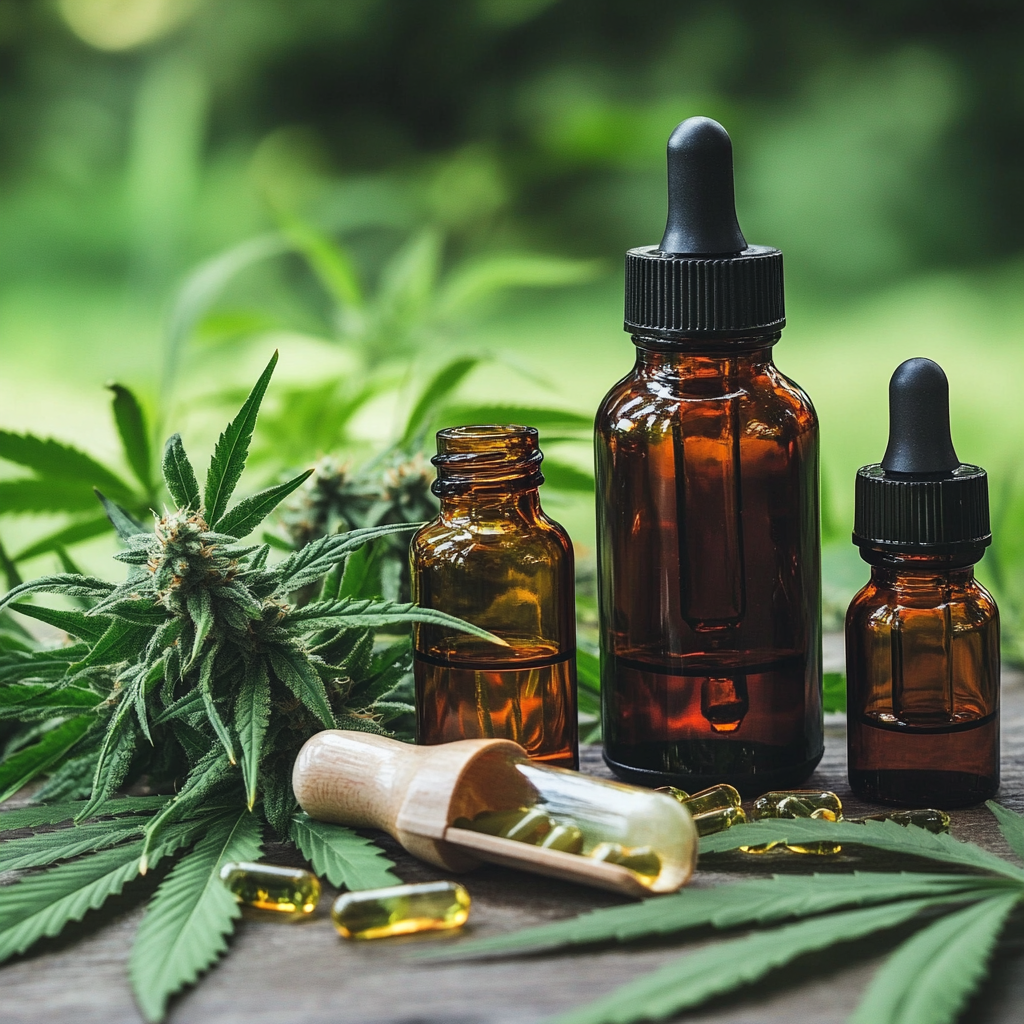Are Delta 9 Gummies Legal?
The legality of Delta 9 gummies is a topic that has garnered significant attention in recent years. As cannabis laws evolve, understanding the nuances of these regulations becomes increasingly important. This article explores the legal status of Delta 9 gummies, examining federal and state laws, and providing insights into the implications for consumers and businesses.
Understanding Delta 9 THC
Delta 9 THC, or delta-9-tetrahydrocannabinol, is the primary psychoactive compound found in cannabis. It is responsible for the “high” associated with marijuana use. Delta 9 THC is one of over 100 cannabinoids present in the cannabis plant, but it is the most well-known and studied.
Delta 9 THC in Cannabis
Delta 9 THC is found in both marijuana and hemp plants. The concentration of Delta 9 THC is what differentiates these two types of cannabis. Marijuana typically contains higher levels of Delta 9 THC, while hemp has a much lower concentration.
Delta 9 Gummies
Delta 9 gummies are edible products infused with Delta 9 THC. They offer a discreet and convenient way to consume THC, making them popular among users who prefer not to smoke or vape. These gummies come in various flavors, shapes, and potencies, catering to a wide range of preferences.
Federal Laws Governing Delta 9 THC
The legal status of Delta 9 THC at the federal level is primarily governed by the Controlled Substances Act (CSA) and the 2018 Farm Bill.
The Controlled Substances Act
Under the CSA, Delta 9 THC is classified as a Schedule I substance. This classification indicates that it is considered to have a high potential for abuse and no accepted medical use. As a result, the production, distribution, and possession of Delta 9 THC are generally prohibited under federal law.
The 2018 Farm Bill
The 2018 Farm Bill legalized the cultivation and sale of hemp and hemp-derived products, provided they contain no more than 0.3% Delta 9 THC on a dry weight basis. This legislation effectively removed hemp from the list of controlled substances, paving the way for the legal production of hemp-derived Delta 9 THC products, including gummies.
State Laws and Regulations
While federal law provides a framework for the legality of Delta 9 THC, state laws can vary significantly. Some states have embraced cannabis legalization, while others maintain strict prohibitions.
States with Legal Recreational Cannabis
- California
- Colorado
- Oregon
- Washington
- Nevada
In these states, Delta 9 gummies are legal for recreational use, provided they are produced and sold in compliance with state regulations. This includes proper labeling, testing, and age restrictions.
States with Medical Cannabis Programs
Many states have established medical cannabis programs, allowing patients with qualifying conditions to access Delta 9 THC products, including gummies. These programs often require patients to obtain a medical cannabis card and purchase products from licensed dispensaries.
States with Strict Prohibitions
Some states continue to prohibit the sale and possession of Delta 9 THC products, including gummies. In these states, individuals caught with such products may face legal penalties.
Implications for Consumers and Businesses
The legal landscape for Delta 9 gummies presents both opportunities and challenges for consumers and businesses.
Consumer Considerations
- Understanding local laws: Consumers should be aware of the legal status of Delta 9 gummies in their state to avoid potential legal issues.
- Product quality: With varying regulations, product quality can differ significantly. Consumers should seek out reputable brands that provide third-party lab testing results.
- Dosage and effects: Delta 9 gummies can have potent effects, and consumers should start with a low dose to gauge their tolerance.
Business Opportunities and Challenges
- Market potential: The growing acceptance of cannabis presents significant market opportunities for businesses producing Delta 9 gummies.
- Regulatory compliance: Businesses must navigate a complex web of federal and state regulations to operate legally.
- Competition: As the market expands, businesses face increased competition, necessitating innovation and differentiation.
Case Studies and Statistics
Several case studies and statistics highlight the evolving landscape of Delta 9 gummies.
Case Study: Colorado
Colorado, one of the first states to legalize recreational cannabis, has seen significant economic benefits. In 2020, the state reported over $2 billion in cannabis sales, with edibles like Delta 9 gummies accounting for a substantial portion of the market.
Statistics on Cannabis Use
- A 2021 Gallup poll found that 68% of Americans support the legalization of cannabis.
- The global cannabis market is projected to reach $97.35 billion by 2026, according to a report by Research and Markets.
Conclusion
The legality of Delta 9 gummies is a complex issue influenced by federal and state laws. While the 2018 Farm Bill has opened the door for hemp-derived Delta 9 products, state regulations vary widely. Consumers and businesses must navigate this intricate legal landscape to make informed decisions. As public opinion continues to shift in favor of cannabis legalization, the future of Delta 9 gummies looks promising, with potential for growth and innovation in the industry.

